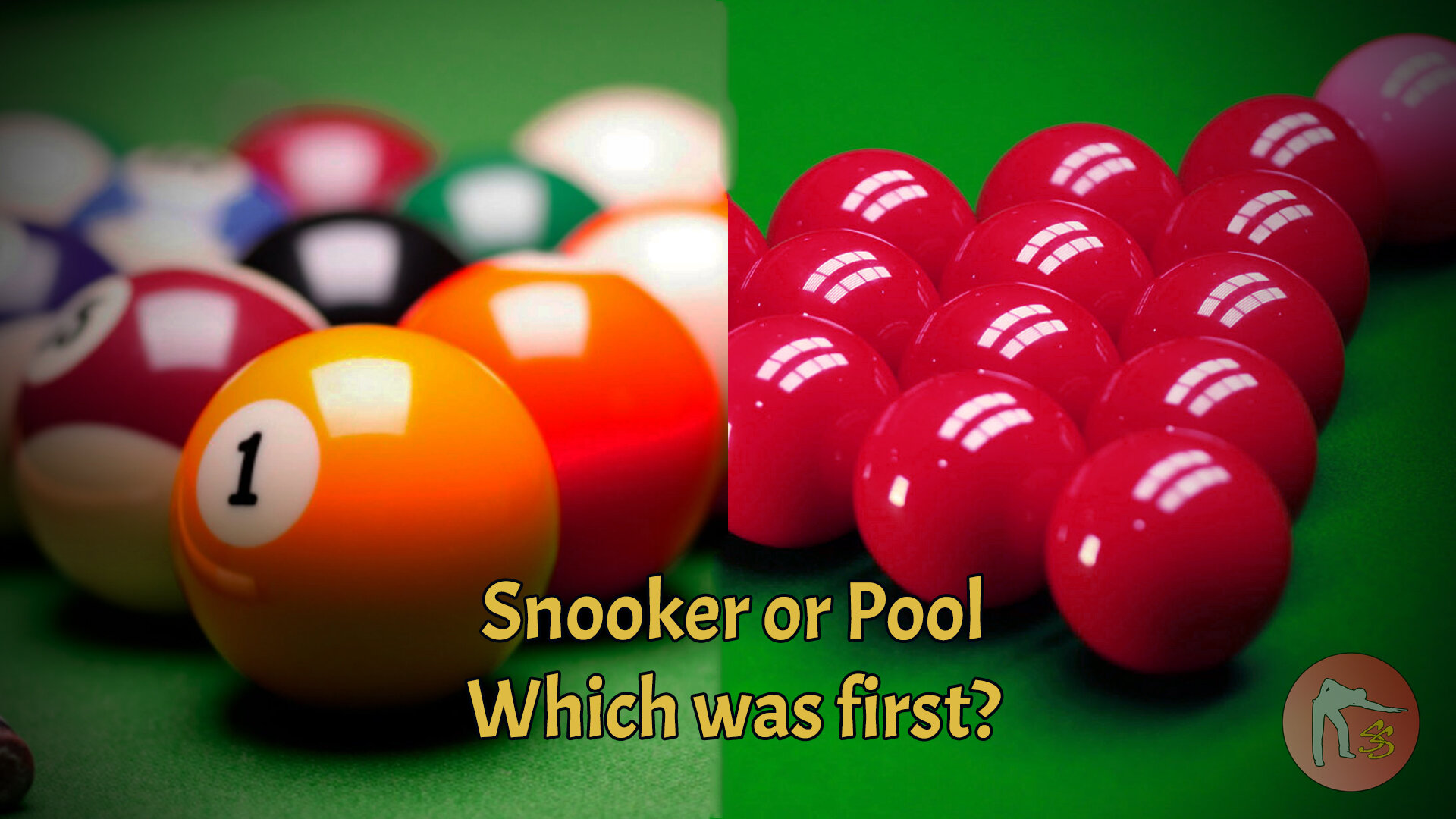
There are many materials used in making pool balls. There are three main materials used to make pool balls: wood, plastic, and phenolic. Each material offers its own advantages and disadvantages. Despite the variety of options, phenolic-resin pool balls are generally the most durable.
They are strong and durable. However, they are scratch-resistant. These balls are generally more expensive but they are well worth the extra cost. This is due to their unique surface, which is high in density.
Phenolic Resin (also known as phenolic resin) is a durable and extremely strong substance that has been used across many industries. It is made from phenol and formaldehyde. This mixture is then molded under extreme pressure to form the ball. The material is strong and can withstand extreme temperatures. In addition, the molecular structure of phenolic resin makes it more resistant to chipping. Phosphoric resin pool balls last up to five to six years longer than polyester balls.

Also, plastic materials are non-flammable and durable. They do have some drawbacks. They tend to lose their shine faster than phenolic resin ball. If you use them, they can leave burn marks on your table.
Plastics were just beginning to emerge in the 19th Century. Leo Baekeland, an American chemist, discovered a new chemical that could mold to make a plastic-like substance. He named the product Bakelite and used it in the production of billiard balls. As the popularity of billiards grew, this new material became the standard.
The material gained popularity in the United States during the 20th century. Wealthy people could buy it. The material was more durable than wood, even though it was still expensive. The material started replacing wood in production of billiard balls as early as the 1920s.
Nowadays, professional pool balls are made mostly from plastic and other phenolic resins. This type of material is much more durable than wood or ivory. Although it is more costly, this material is well worth the investment for people who play frequently.

Get a set of professional-grade pool balls to give you a chance at playing billiards. A pool table accessory kit includes extra balls and equipment that will ensure your game stays safe.
An alternative is to buy synthetic materials such a polyurethane and acrylic. These materials can be cheaper, but they do have their disadvantages. They don't lose their shine quite as fast as phenolic resin balls but they can be just as fragile and prone to deterioration. They aren't as resistant to scratching as phenolic.
However, if your budget doesn't allow you to purchase a set, you can still look for polyester balls. Polyester balls may be cheaper but they aren’t as durable. Some balls may break. Look for reputable brands when buying polyester balls.